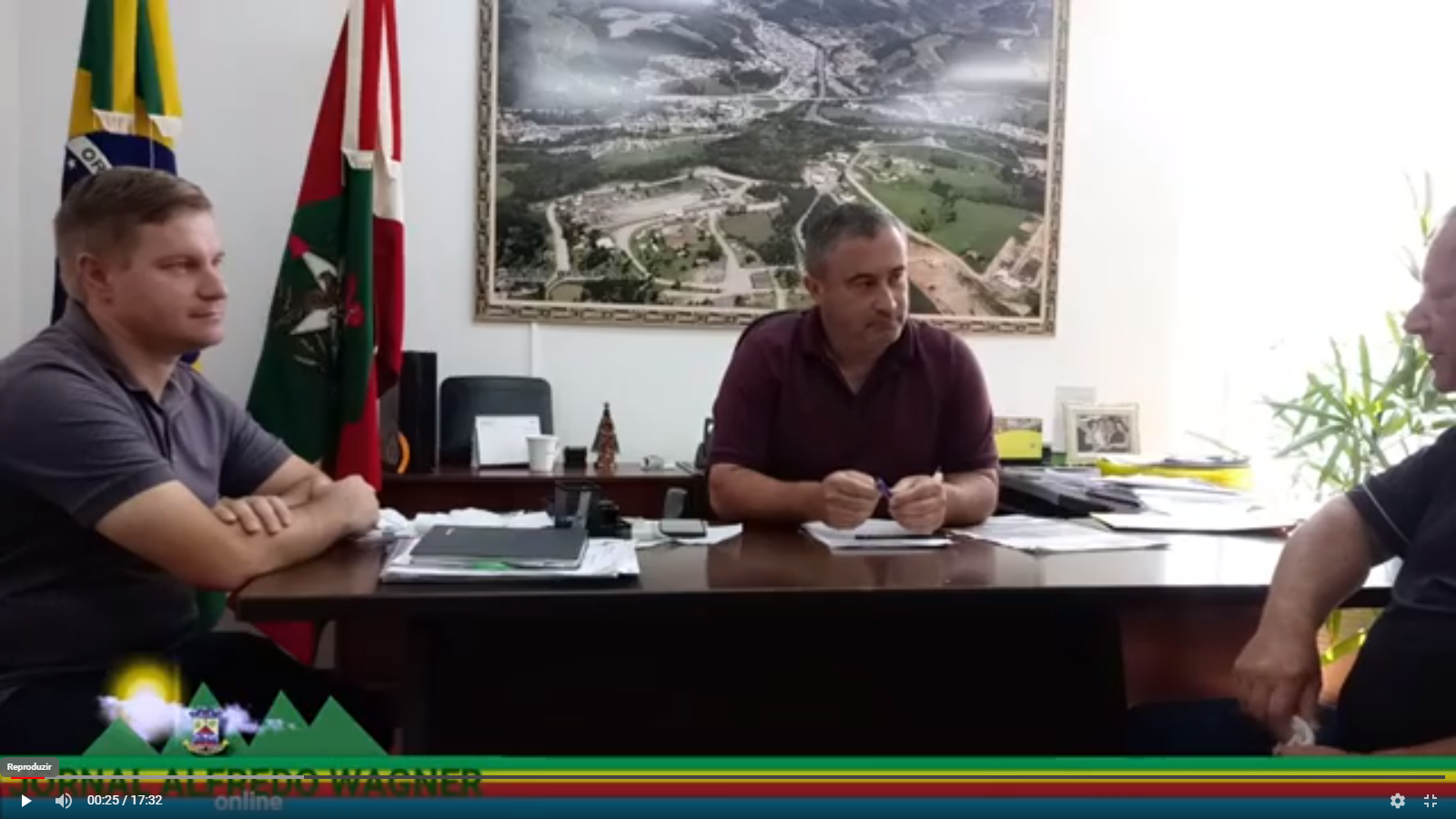With prominence in agribusiness, women protagonism is gaining ground in leadership positions and companies play a fundamental role in this change
In recent years, it has become increasingly common to see women assuming leadership positions in Brazil. This scenario is the result not only of the various social and cultural changes, but also of the growing female participation in the labor market – a reflection of the greater involvement of the corporate world with the theme.
According to a survey carried out by Grant Thornton, a global audit, consulting and tax company, in 2022 women held 38% of leadership positions in the country. Despite not having reached equal numbers yet, the result already represents a breakthrough, since, in 2019, the percentage was 25%.
A study by the McKinsey consultancy shows that the female presence in the labor market and in leadership positions can generate, by 2025, an increase of up to US$ 12 trillion in the world GDP. In Brazil alone, this increase would be approximately US$ 410 billion.
Despite the changes already achieved, there are still challenges to be faced. And it is with a view to further fostering this transformation that the National Congress of Agribusiness Women (CNMA) takes place annually. Moving one of the strongest sectors in the country and in the world, the event is in its 8th edition and expects to bring together around 3 thousand congressmen on October 25th and 26th, at the Transamerica Expo Center, in São Paulo. This year with a round table dedicated to the theme “Women in leadership: resilience and success”.
“Since the first edition, our goal has always been to highlight and strengthen the work of women who help move our country on a daily basis. And we seek to carry out this important mission through countless exchanges of experiences, knowledge and inspiring stories, in addition to the networking created, generating connections from North to South of Brazil ”, says the Development and New Business Manager at Transamerica Expo Center, Renata Camargo.
Within agribusiness, more than 30 million hectares in the country are currently managed by women, according to a study by the Ministry of Agriculture, Livestock and Supply (MAPA) in conjunction with Embrapa and the Brazilian Institute of Geography and Statistics (IBGE). A SEBRAE survey also shows that approximately one million female representatives are in charge of properties.
Inspiring a new reality
Brazilian women leaders are inspiring examples of perseverance and resilience. They bring new perspectives, strategies and unique skills to where they are inserted, and, little by little, they are helping to build a more equal and just future.
Fabiana Alves, recently appointed as the new CEO of Rabobank and Head of the bank in South America, is one of the examples of this new scenario that has been consolidating.
“Agro was born with me, because since I was a child I loved going to the farm with my grandfather. I was able to graduate in Agronomic Engineering at the Federal University of Viçosa, work on a farm and then in various stages of the agro chain. Studying an MBA at the University of California led me to the financial sector and, after 15 years, to my current position, CEO of Rabobank Brasil and the first woman to take over as Head of the institution in South America”, she reports .
In addition to representing a success story in women’s struggle, the novelty was also significant for CNMA, which has the executive as a supporter, inspiration and active participant in the event since 2016. For her, large companies also play an essential role as influencers of changes. “Investing in relevant guidelines like this should not only be part of the companies’ ESG agenda and commitments, but it can also favor their business and the training of better professionals for their sector”, she says.
“I had the pleasure of supporting the Congress since the first edition and it is very gratifying to see how much we have already evolved and how it was fundamental to give visibility to the diversity agenda in agro, to promote female networking nationally and to strengthen equal opportunities. In addition, it contributes to the training of these professionals by discussing current and relevant topics, which are essential for women to continue adding value”, concludes Fabiana.
Their strength in Minas Gerais
Another inspiring story is that of Ana Valentini, rural producer, forestry engineer and the first woman to head the Secretary of Agriculture, Livestock and Supply of Minas Gerais.
Since 1987, it has participated in the Cerrado Development Program (PRODECER), which had the support of the Japanese government to expand soy arable land in Brazil. And among her jobs as a forestry research engineer, she was, in the 1980s, involved in the project “Biological Dynamics of Forest Fragments”, in the Amazon, coordinated by the World Wide Fund for Nature (WWF) foundation – an international non-governmental organization that operates in areas of conservation, research and environmental recovery.
Ana is also one of the founders of Irriganor, the Association of Rural and Irrigating Producers of the Northwest of Minas Gerais, which, with just three months of work, managed to bring together 330 producers in 16 municipalities in the Northwest region of the state, who wanted to carry out a production conscious, sustainable and responsible with its water resources.
With so many years of experience and professional exchanges, the producer says that she was the only female presence at various times. “Many times I was the only woman on stage, on the platform, at the table. Despite that, I never felt unmotivated, I never stopped doing what I thought needed to be done”.
Even with the challenges already faced, she reinforces that, currently, “regardless of the business, from a workshop, a small business, to large companies and properties, women, at least here in the region, are always present, always involved.”
“As secretary of state, something I was also able to observe more closely was the growing and consolidated presence of women commanding special productions, such as cheese, wine, olive oil and, mainly, coffee. In addition to all the potential we have, I believe that this increase was also due to our more delicate and careful look at what we propose to do. And that makes all the difference in craft productions”, she points out.
CNMA 2023
Seeking to gather, unite and strengthen inspiring stories and women, in addition to sharing knowledge about different areas, the 8th edition of the National Congress of Women in Agribusiness (CNMA) will take place on October 25 and 26 at the Transamerica Expo Center, in Sao Paulo. The event is the largest in Latin America for women in agriculture.
“Every woman needs to feel confident that she can do whatever she wants, in any area. We don’t need to give up any dreams for being a woman. And the feminine humility of seeking knowledge, together with the sisterhood that is gaining ground inside and outside agribusiness, is what inspires, what will really make the necessary changes happen”, emphasizes Ana Valentini.
Registration for the CNMA can be done through the website ( click here ).







